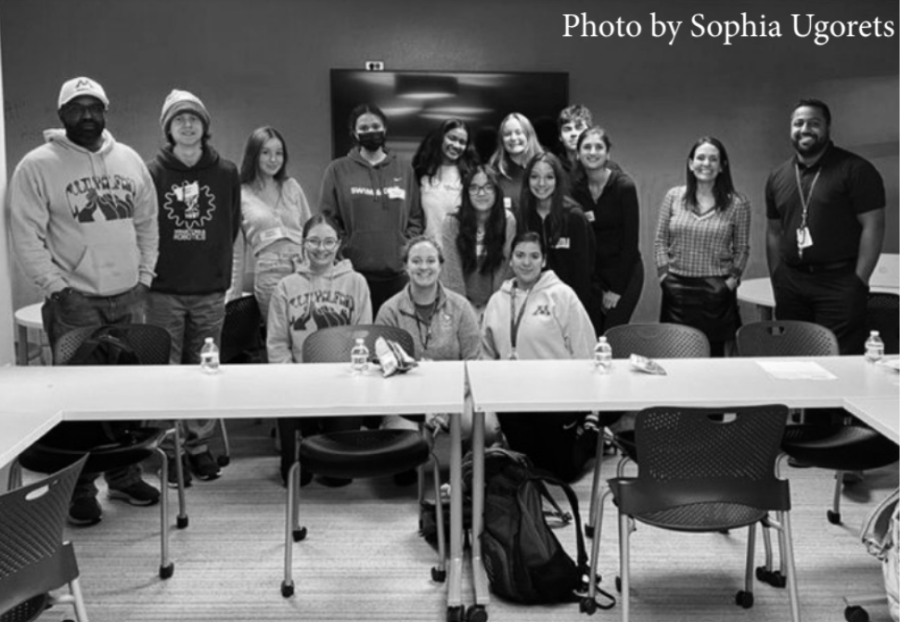The Values of Student Leadership
December 1, 2022
As clubs and extracurricular activities are becoming increasingly prominent in many students’ lives, the dependence on student leaders grows. For every club, at least one student steps up to guide and mentor their peers in addition to directing all of the behind-the-scenes work. These leadership positions are highly sought after and hold strong intrinsic value to many of the selected students. But it makes many wonder: how does a student get selected to take on one of these important roles?
DECA advisor Andrew Werner describes a pattern of club leaders being “student-focused.” Student leaders focus heavily on creating an experience for their peers which is described as “fun and beneficial for growth.” Their leadership goes even beyond the classroom. Student leaders enjoy connecting with peers and peers’ families outside of extracurricular activities.
Annie Zhao, ‘23, has multiple leadership positions in clubs such as DECA and Asian Student Union. She personally believes that “flexibility, empathy, and confidence” are the most vital traits of a successful leader.
Within her time spent connecting with her club members, Zhao values “the impact a leader can have on others in the club, whether it’s being a resource for any questions or providing a place people can feel welcomed and accepted.”
She also described how she utilizes available resources to increase community impact and growth. “Using social media to connect is also becoming a more useful method, as it shows the dedication to a club beyond the regular meeting times,” she explained.
Some of the student leaders’ biggest supporters, club advisors make important contributions to the success of a club. Their position consists of being “anything from a coach, mentor, parent figure, friend, adviser, and leader,” Werner listed.
He continued, “Any chance we get to help students explore their passions is a great feeling and outweighs any sacrifices we make. It’s a pleasure and an honor to work with such amazing students at MHS.”
Through the experience of leading clubs, student leaders are also able to grow personally.
Meghan Ische, ‘23, leads the Peer to Peer club, and finds doing so has “given [her] a lot more direction. It’s been so cool to make all of the pieces come together.”
The courage it takes to be a leader can spread into other areas of students’ lives. Ische expressed that her enhanced confidence in other activities has stemmed from her leadership within Peer to Peer. For many students, the most rewarding part of participating in a club is seeing joy and a sense of community develop among the members. With the help of student leaders, club members are able to grow and express their passions in a healthy and supportive environment.
Essentially, an effective student leader must have true passion and dedication to a club. By committing time and effort to their clubs, they will be able to succeed as a leader and grow as a person.






























